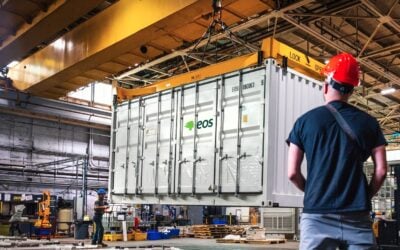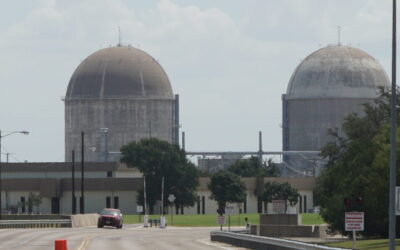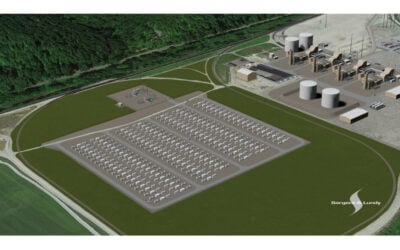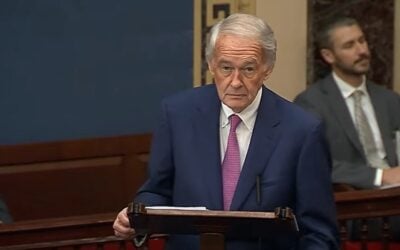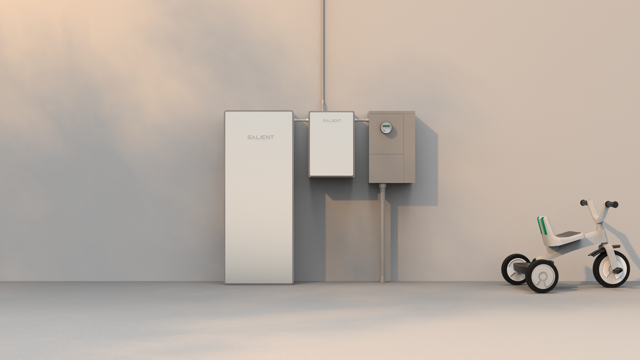
The brother of the founder of the US’ largest homebuilder D R Horton has chosen Salient Energy’s zinc-ion battery storage system for installation in the 200,000 homes his company plans to build, saying that lithium-ion has “a lot of issues”.
Salient Energy has partnered with sustainable homebuilder Horton World Solutions (HWS), founded by Terry Horton in 2018, with a view to install Salient’s storage system in its new builds.
Enjoy 12 months of exclusive analysis
- Regular insight and analysis of the industry’s biggest developments
- In-depth interviews with the industry’s leading figures
- Annual digital subscription to the PV Tech Power journal
- Discounts on Solar Media’s portfolio of events, in-person and virtual
The formalised partnership will see HWS host the first in-field demonstration of Salient’s zinc-ion storage system and qualify the system for installation in its planned construction of over 200,000 homes, the announcement said.
HWS founder and CEO Terry Horton will also join Salient Energy’s board of advisors. The company describes itself as a sustainable homebuilder whose proprietary composite framing system enables best in class energy efficiency and construction time.
Terry Horton commented: “Energy storage is a key part of making zero-carbon homes. But the current lithium-ion systems have a lot of issues. They create a fire risk that we need to design around, which further adds time and complexity to our permitting process.”
“They are also frequently in short supply, which makes it risky to plan for them being an integral part of our designs. When I saw that Salient’s zinc-ion could solve both these issues, I knew I had to get involved.”
Horton began his career at DR Horton, a company founded by his brother Donald Horton in 1978, which has grown into the largest homebuilder in the US with around US$27 billion sales in 2021. Terry Horton left the company in 2005 to explore more sustainable approaches to homebuilding, culminating in him founding HWS in 2018.
Salient’s zinc-ion battery uses a water-based design that eliminates the risk of fire, and is built with zinc and manganese metals, which are mined and processed in North America and abundant around the globe.
The company claims its zinc-ion energy storage system has the same power, performance and footprint as lithium-ion, meaning it can work as a drop-in replacement for systems currently in the market. Its product can pair with residential solar PV.
Interest in Zinc-based batteries as an alternative to lithium-ion appears to have grown in recent months.
Just last week, zinc-air battery storage company Eos Energy Enterprises secured a US$200 million investment commitment to commercialise and scale up production. Another company, E-Zinc, raised US$25 million in a series A at the start of April.
And in the interim between those two announcements the San Diego Supercomputer Center, (SDSC) which hosts the research computing loads for the University of California San Diego, opted for zinc manganese-dioxide battery cells to replace its 1MW lead acid system.

